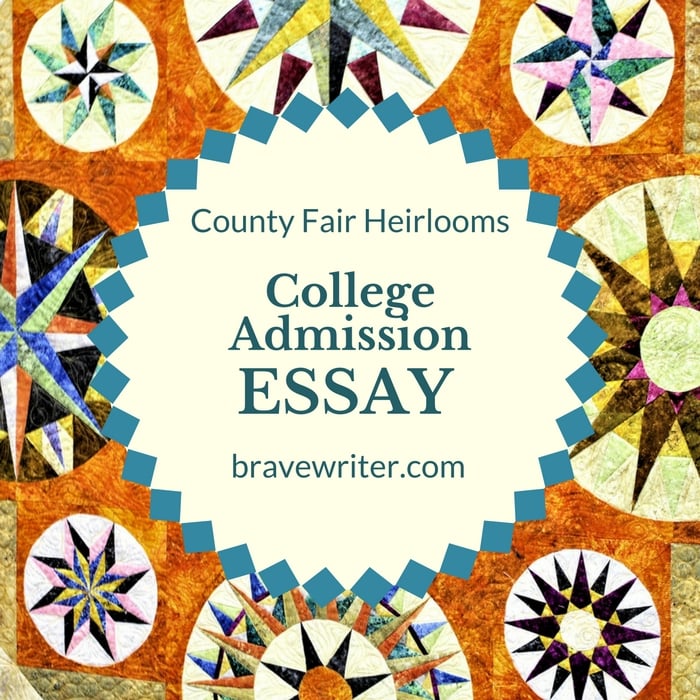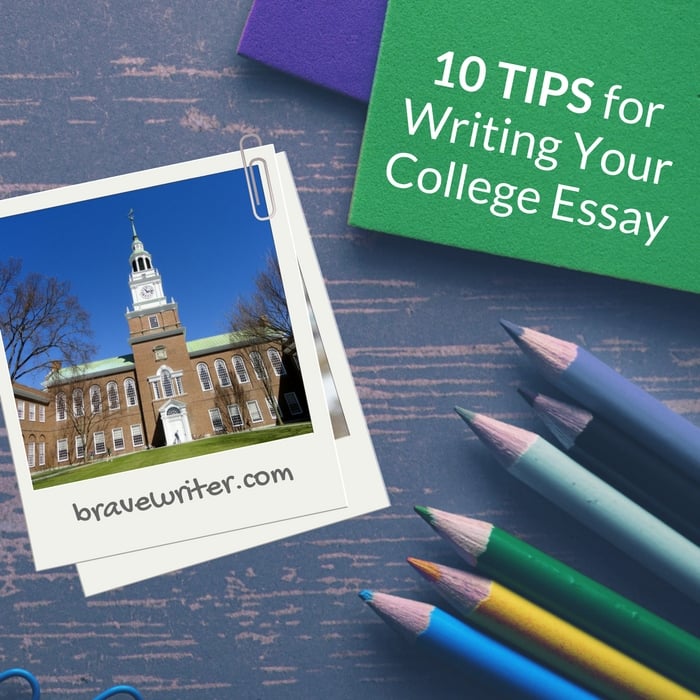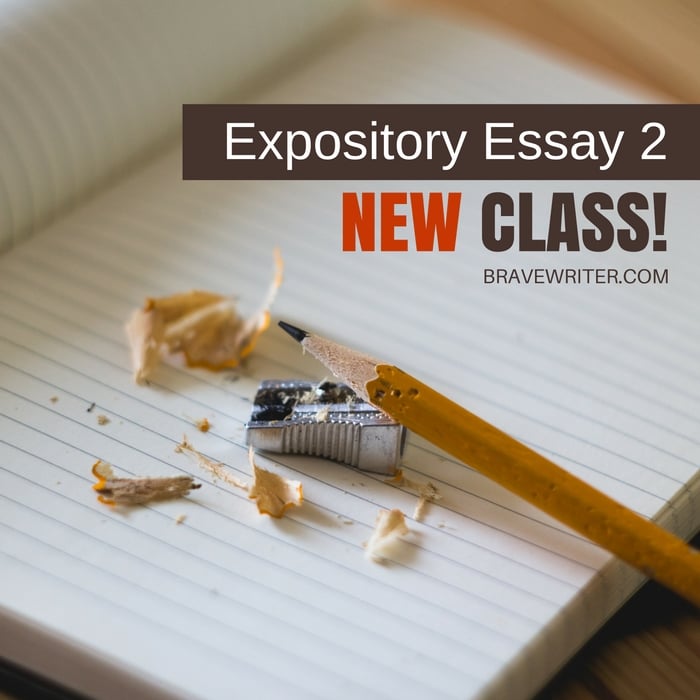
I’ve been asked: “If you had to boil it down to a Top Ten List, what would you say every child should have studied before they leave home?”
I accepted the challenge and compiled a list that will help you pull back from the panic of trying to teach every single classical work of literature, cover the entire scope of World History from the dawn of time until present, consider each scientific breakthrough, learn three languages (one dead), and understand all composition formats.
Stop! It’s possible to have a sense of satisfaction and completion even if you leave a few dangling metaphors and several centuries of war and peace un-explored.
The list:
- Share the joy of reading with your kids.
- Help them be critical thinkers.
- Teach them math and science (and history!)
- Nurture their writing skills.
- Introduce them to a foreign language.
- Give them the opportunity to chase at least one affinity.
- Make sure they encounter different people and places.
- Encourage them to perform in some way for an audience.
- Help them find friends.
- Most importantly, be their advocate.
Watch the broadcast below to learn more and see that the Top Ten are within your reach!
























